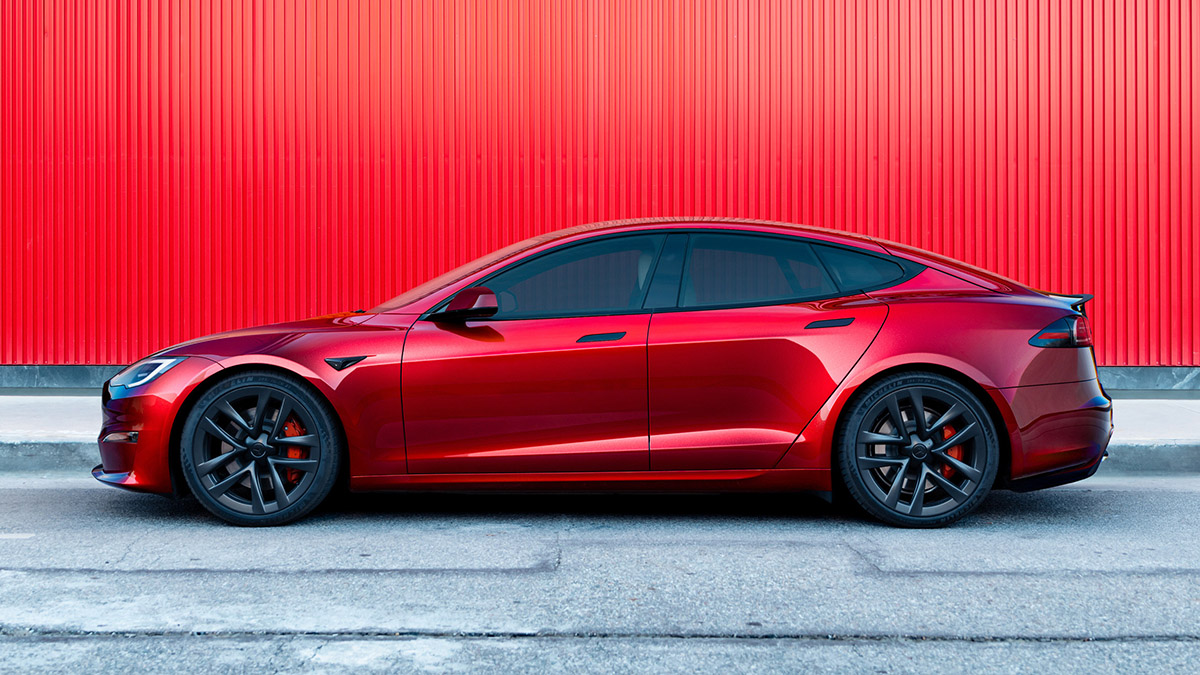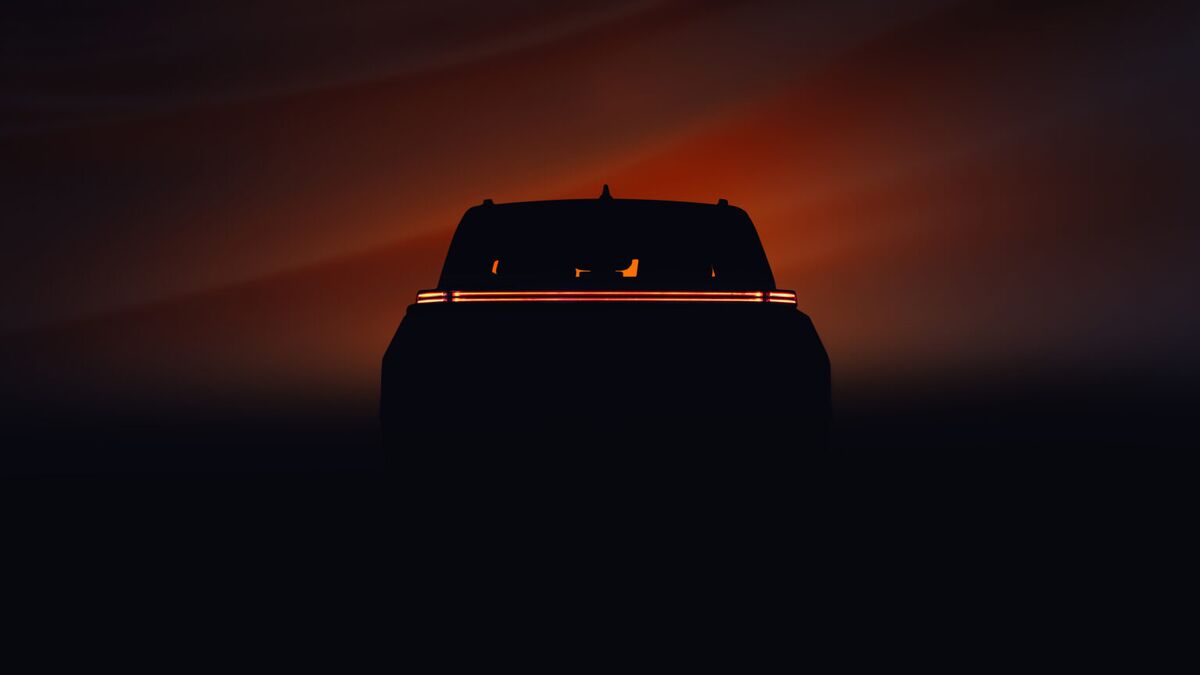Tesla owners are a famously loyal group. Remove them from the equation, though, and just 52.1% of electric vehicle (EV) owners buy an EV next time they go car shopping.
The numbers come from S&P Global Mobility, but a few critical caveats mean they don’t tell a simple story.
“The household data does not necessarily measure whether an EV has been replaced by another EV,” S&P explains. Many households own one EV and one gas-powered or hybrid car.
Related – The Pros and Cons of Electric Cars: A Comprehensive EV Guide
The study asks which type of car — gas or electric — Americans bought next after buying an EV. So, it risks making it look as if some 2-car households perfectly happy with their EV have now rejected driving all-electric because they may have replaced an internal combustion-powered vehicle with another one.
But the numbers are high enough, says Tom Libby, associate director for loyalty solutions and industry analysis at S&P Global Mobility, to be a problem for automakers. Car companies, he says, “are spending huge amounts of money to develop EVs. So, the last thing they want is for an EV owner to go back.”
And some have.
Luxury Buyers More Committed to Electricity
Telsa owners remain more loyal than owners of other brands’ EVs. More than 70% of Tesla owners who bought another car bought another Tesla, the study found.
Related – Survey: Most Americans Say They Won’t Buy an EV Next
Luxury car buyers, in general, were likely to stick with electricity. “The EV loyalty rate across the luxury segment has remained consistently above 70% for the past three full quarters and above 60% for the past 18 months,” S&P says.
Again, removing Tesla from the equation, no other luxury brand had a loyalty rate of over 60%.
Tesla’s EV market share slipped even as its sales have accelerated because so many competitors have appeared.
And while public debate rages about electric cars, individual buyers face more complex decisions than simply whether to go electric. Researchers noted, for instance, that Ford Mustang Mach-E owners bought another EV just 37.3% of the time. But “a large chunk of buyers went to Ford truck and SUV models in both ICE and hybrid powertrains, suggesting that vehicle type and capability were more important than the fuel used.”








